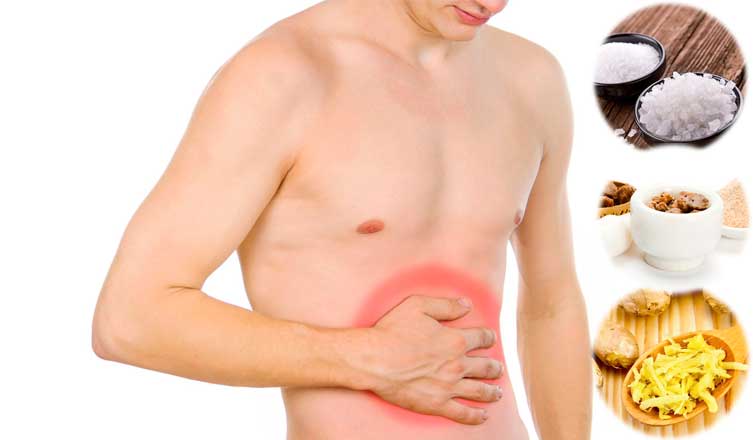Gastroenteritis symptoms include nausea and vomiting , watery diarrhea, and abdominal pain and cramps. These symptoms are sometimes accompanied by bloating, low fever , chills, headache , and overall tiredness or weakness. Gastroenteritis symptoms typically last two to three days, but some viruses may last up to a week.
Infants, young children, the elderly, and anyone with an underlying disease are more vulnerable to complications of gastroenteritis. The greatest danger presented by gastroenteritis is dehydration. The loss of fluids through diarrhea and vomiting can upset the body's electrolyte balance, leading to potentially life-threatening problems such as heart beat abnormalities (arrhythmia). The risk of dehydration increases as symptoms become prolonged. Untreated, severe dehydration can be life threatening. Dehydration should be suspected if symptoms of a dry mouth, increased or excessive thirst, or decreased urination are experienced.



 Contact Us
Contact Us






 Hospitals
Hospitals
 Doctors
Doctors
 Diagnostic
Diagnostic
 Pharmacy
Pharmacy
 Health Tips
Health Tips
 Blog
Blog

























Comments